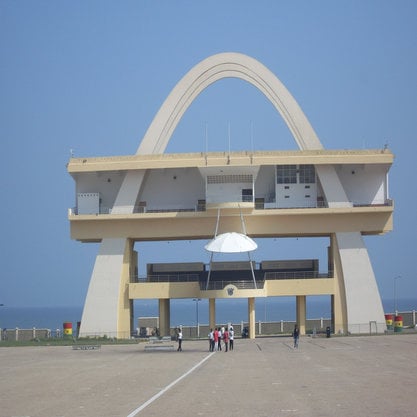Article
Nortje, Arthur Kenneth (1942–1970) By Voss, Tony
Article
From the University of the Western Cape, Arthur Nortje left for Jesus College, Oxford, to which he returned after teaching for two years in Canada. Nortje died older than Keats, younger than Shelley. Nortje has copiousness: all generated from the obsessive observation of self, his poetry shows great formal and thematic variety. Love and loneliness are powerfully and paradoxically intertwined. Exile is a central metaphor, both phenomenal and ontological. In apartheid South Africa ‘lack of belonging was the root of hurt’. The political ambiguity of his exile was sometimes unsettling: on departure from South Africa he was to become one ‘who belongs nowhere, is to nothing/deeply attached’.

